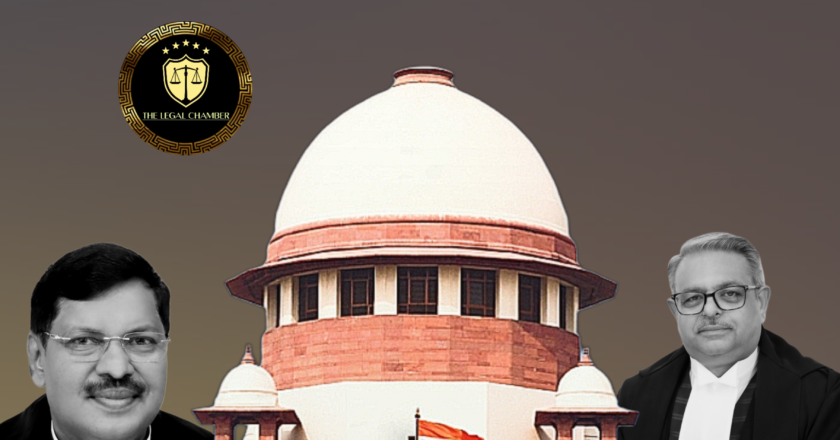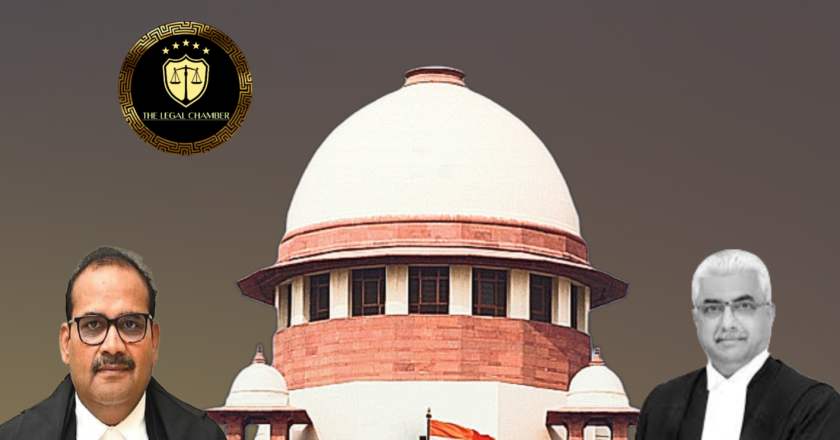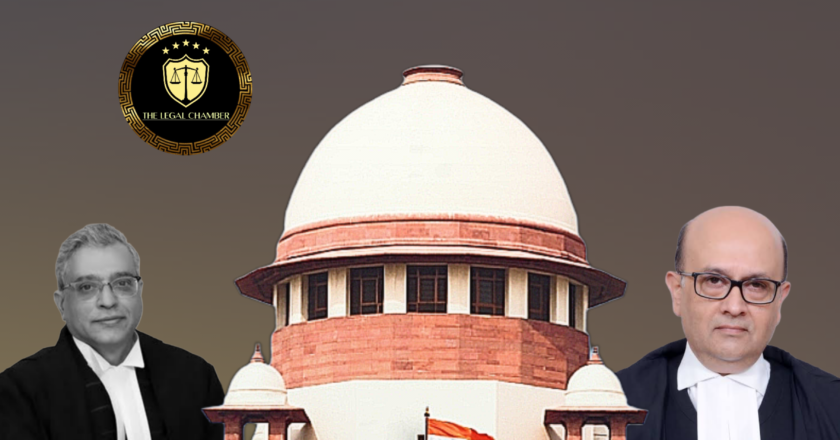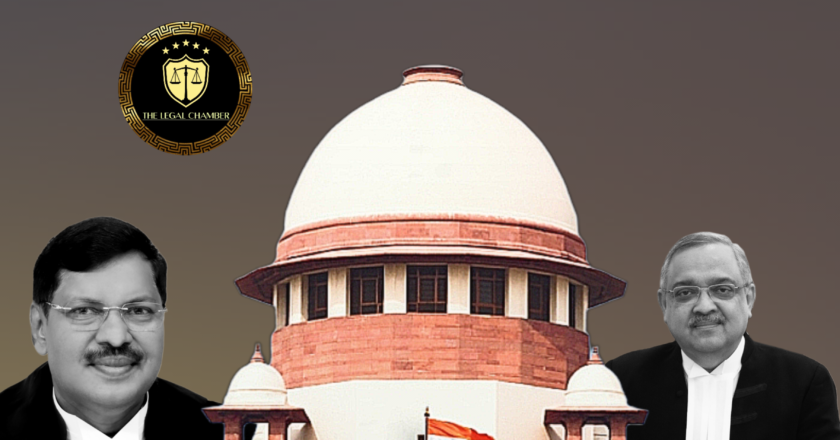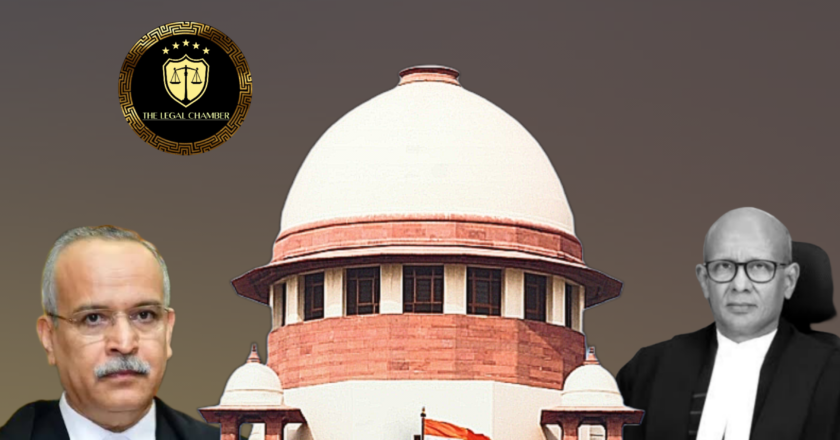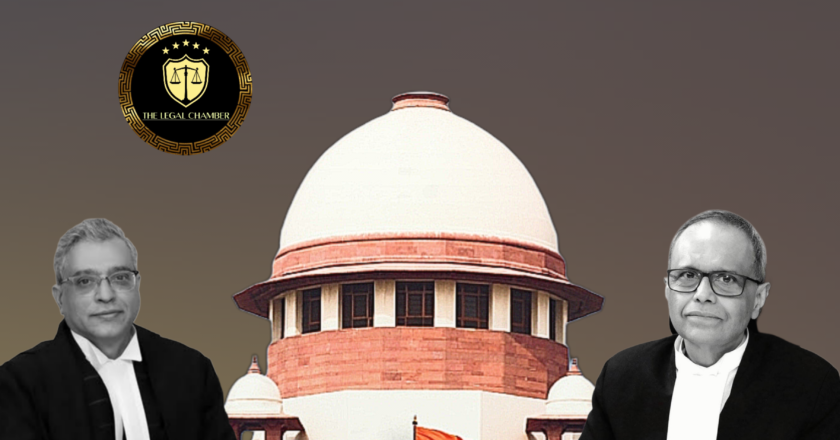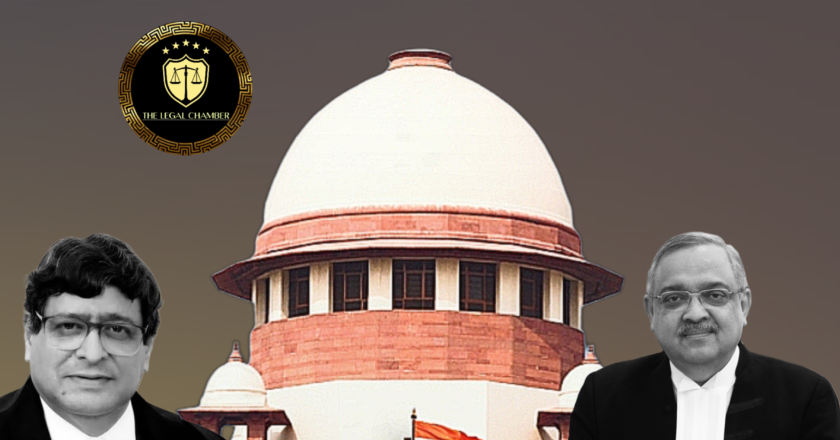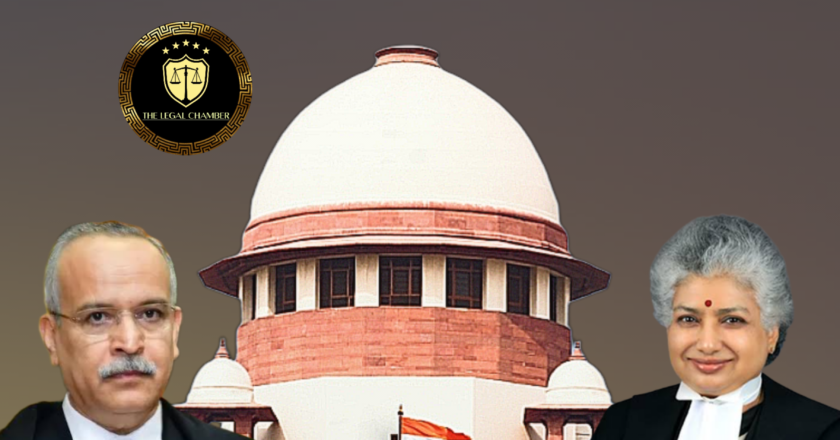Supreme Court’s Balancing Act in Telangana Job Case :Legitimate Expectation vs. Employer’s Right
This Supreme Court judgment reaffirms that candidates in a select list possess no vested right to appointment. An employer's decision to cancel a recruitment process is valid if based on bona fide reasons like administrative changes (e.g., state bifurcation) and altered requirements. The Court's role is limited to examining the decision-making process, not substituting its own view on the sufficiency of accommodations like age relaxation offered to affected candidates.
Facts Of The Case:
The erstwhile Transmission Corporation of Andhra Pradesh (AP-Transco) initiated a recruitment process in 2011-2012 for 339 Sub-Engineer posts across the composite state. This process was delayed due to litigation challenging the marks weightage given to in-service candidates. While the legal challe...


